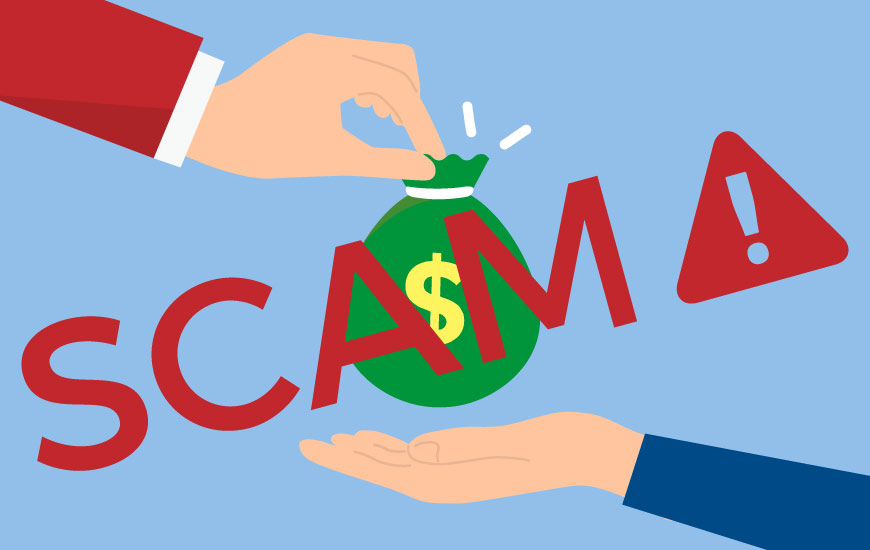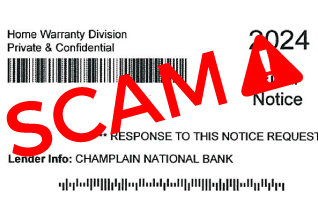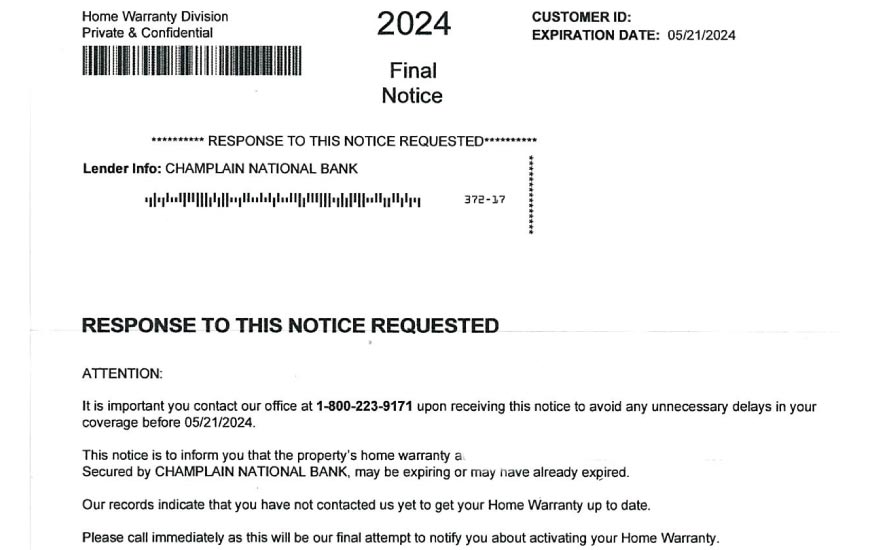
Scam Alert: Inheritance Windfall
Who doesn’t dream of winning the lottery or having a wealthy great-aunt you never met pass away and leave her riches to you? While both scenarios are incredibly rare, scammers hope that you’ll bet on divulging your personal information or sending them cash in order to receive an inheritance windfall.
In recent years, scammers have gone as far as posing as government organizations, like the Office of the Comptroller of the Currency (OCC), in a letter, email, or online message, claiming that they are holding funds from an inheritance for you. They may request an upfront payment to claim your money, or sometimes they just phish for your information. Either way, if you bite, the fraudster will start asking for more sensitive data or ask you to transfer a large amount of money, sometimes in bitcoin or a wire transfer, before they can transfer your money to your account.
Even more egregious, after the victim realizes they’ve been tricked, they receive another phone call or message from the scammer, telling them they are from a government financial crimes unit and will work on their behalf to get their money back…that is after you send them $1,500 (or more) to cover the attorney fees.
Scammers know how to play on our emotions for easy money, so always be wary if you receive a message claiming you are owed a large payout. If you are ever unsure, you can always call the organization directly whom the message is supposedly from, by looking up the phone number on their official website and NOT from the message that was sent to you.
Another red flag that a message is fraudulent is if there are spelling and grammatical errors. Always look at the return email address too, which can often be a tip-off for fraud. The best thing you can do if you receive one of these messages is to hit “delete” and stop from becoming another victim.









